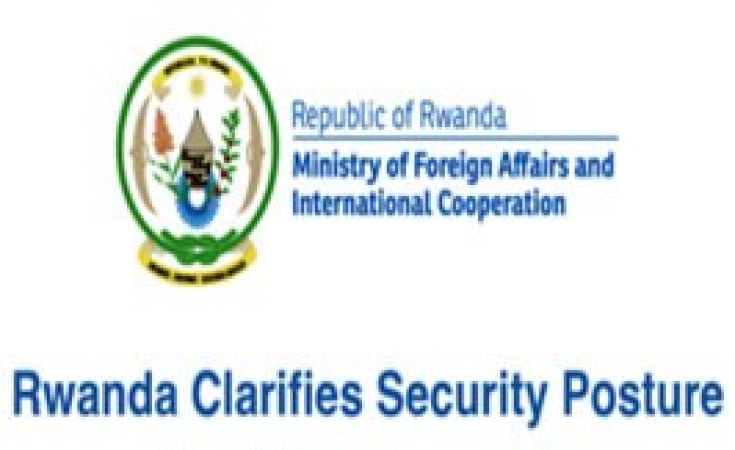Kigali — Rwanda is deeply concerned by the abandonment of the Luanda and Nairobi Processes by the Government of the Democratic Republic of Congo, and by the international community's indifference to DRC's dramatic military build-up.
DRC has launched massive combat operations in North Kivu, in contravention of the decisions of regional mechanisms, and clearly aims to expel M23 and Congolese Tutsi civilians into neighboring countries, working in concert with the Democratic Forces for the Liberation of Rwanda (FDLR), a Rwandan ethnic militia which is directly linked to the genocide against the Tutsi in Rwanda in 1994. The recent M23 advances are due to the DRC's decision to expel the East African Community Regional Force in December 2023, which oversaw ceasefire and withdrawal efforts.
Protecting the rights and lives of Congolese Tutsi is the responsibility of the Democratic Republic of Congo. The consistent failure to do so has exposed the entire Great Lakes Region to thirty years of conflict and instability. Hundreds of thousands of Congolese Tutsi have lived as refugees in East Africa for decades, essentially forgotten. Hate speech and crude tribalism have become the currency of Congolese politics under the administration of President Félix Tshisekedi, and ethnic discrimination and targeted arrests and killings have become routine. FDLR is fully integrated into the Congolese Armed Forces (FARDC), as repeatedly documented by the UN Group of Experts.
Taken together, these facts represent a serious threat to Rwanda's national security. Because of that growing risk, Rwanda's position is that the M23 issue must be resolved politically amongst Congolese. It will not be accepted for the problem to be externalized into Rwanda, by force, once again.
The Congolese political and military leadership, including President Félix Tshisekedi, has also repeatedly declared their intention to invade Rwanda and change its government by force. Rwanda takes them at their word, and has adjusted our posture accordingly. This includes measures to ensure complete air defense of Rwandan territory, and to degrade offensive air capabilities, following the introduction of advanced Chinese CH-4 attack drones by DRC in 2023, and repeated violations of Rwandan air space by Congolese fighter jets.
The statement issued by the U.S. Department of State on 17 February 2024 fundamentally distorts these realities, and stands in puzzling contradiction with the substance and tone of the confidence-building process initiated by the U.S. Director of National Intelligence in November 2023, which created a productive framework for de-escalation. Rwanda will seek clarification from the U.S. Government to ascertain whether its statement represents an abrupt shift in policy, or simply a lack of internal coordination.
It was the U.S. Department of State which in December 2001 added FDLR – then known as "ALIR a.k.a. Interahamwe, ex-FAR" – to the Terrorist Exclusion List under the provisions of the Patriot Act, after the group murdered, and in some cases raped, eight Western tourists in Bwindi, Uganda, including two Americans.
To characterize this genocidal and terrorist outfit merely as an "armed group named as a 'negative force' by regional bodies and the government of the DRC" is a shocking and cynical act of realpolitik, which calls into question the ability of the United States to serve as a credible mediator in the Great Lakes Region.
DRC support to FDLR is a matter of state policy, not the choice of individual actors. Ending Congolese state support for FDLR, and ensuring their demobilization and repatriation to Rwanda, is a non-negotiable requirement to protect Rwanda's territorial integrity and guarantee the preservation of our hard-won national unity for future generations. Accordingly, Rwanda reserves the right to take any legitimate measures to defend our country, so long as this threat exists.
Rwanda appreciates and fully supports the tireless mediation efforts of regional leaders, notably President João Lourenço of Angola. Rwanda is committed to taking extraordinary steps to achieve security and stability in our region by addressing the root causes of the conflict.


